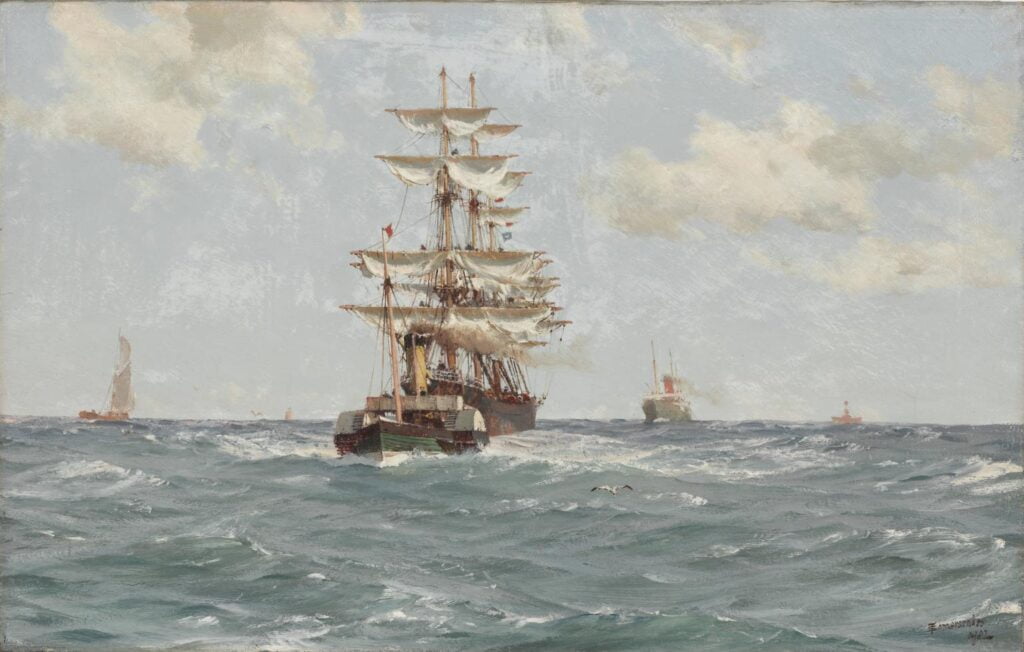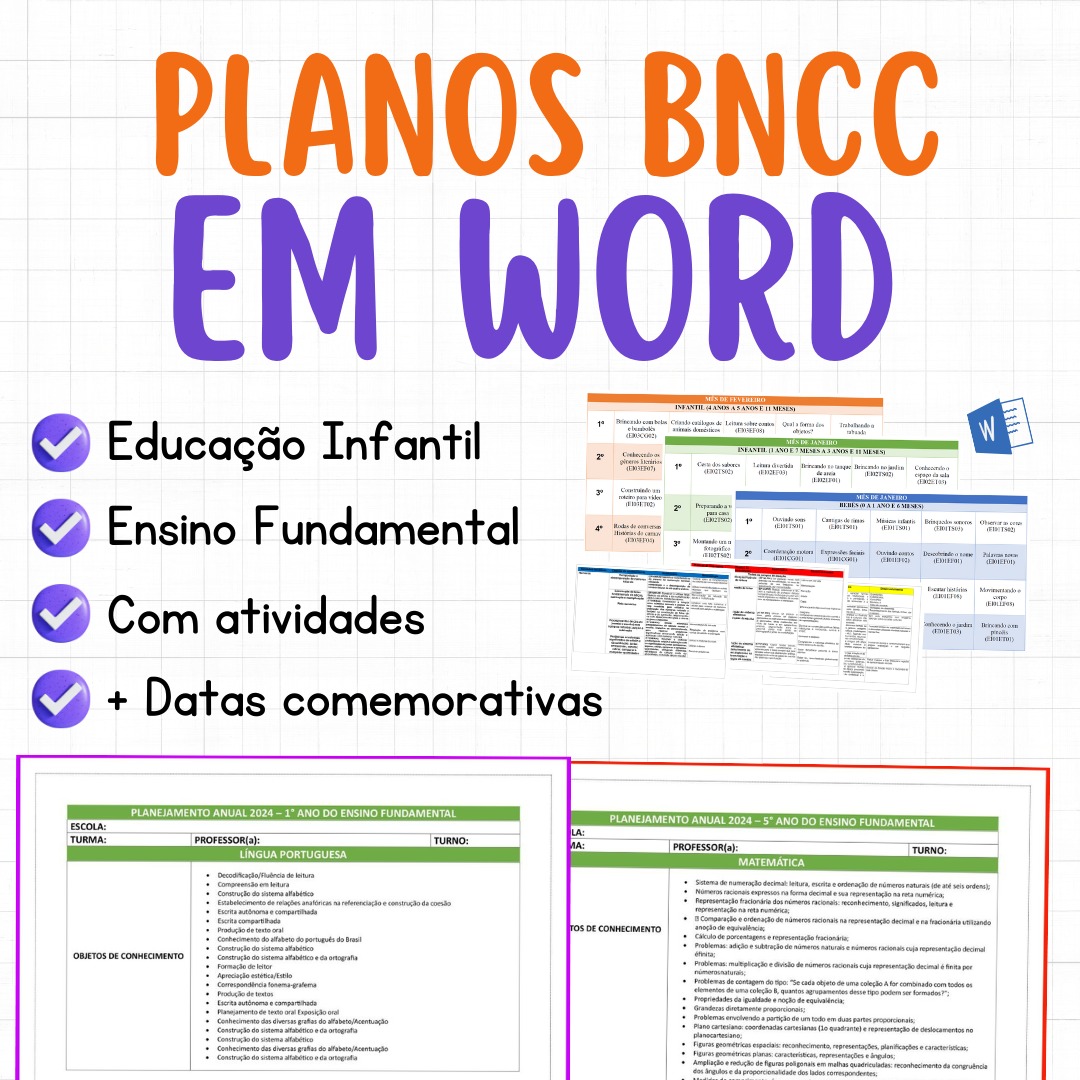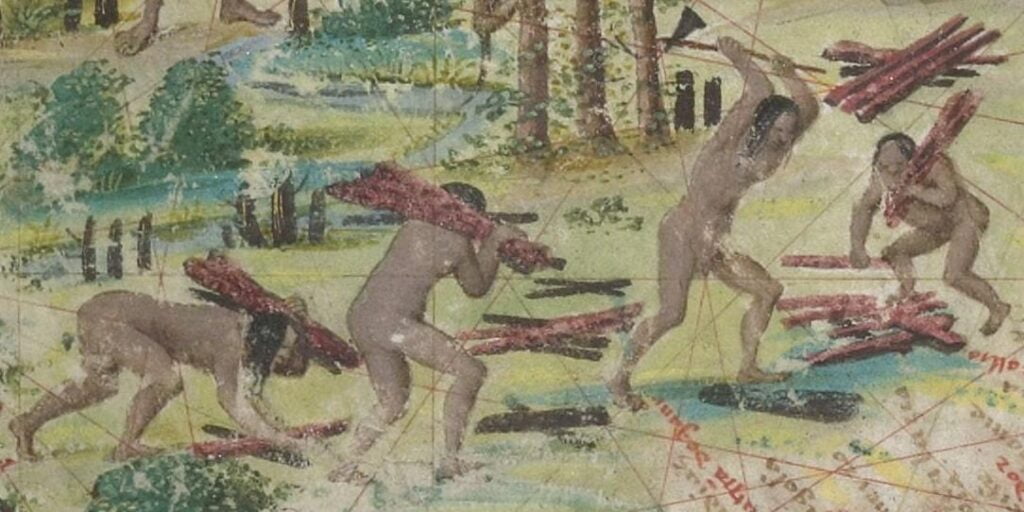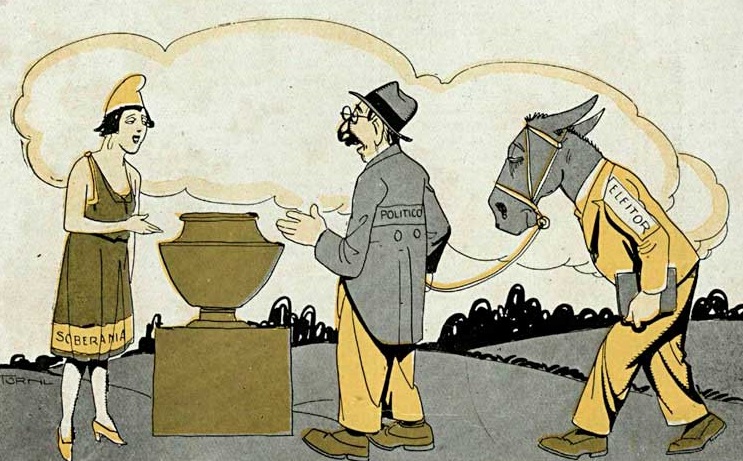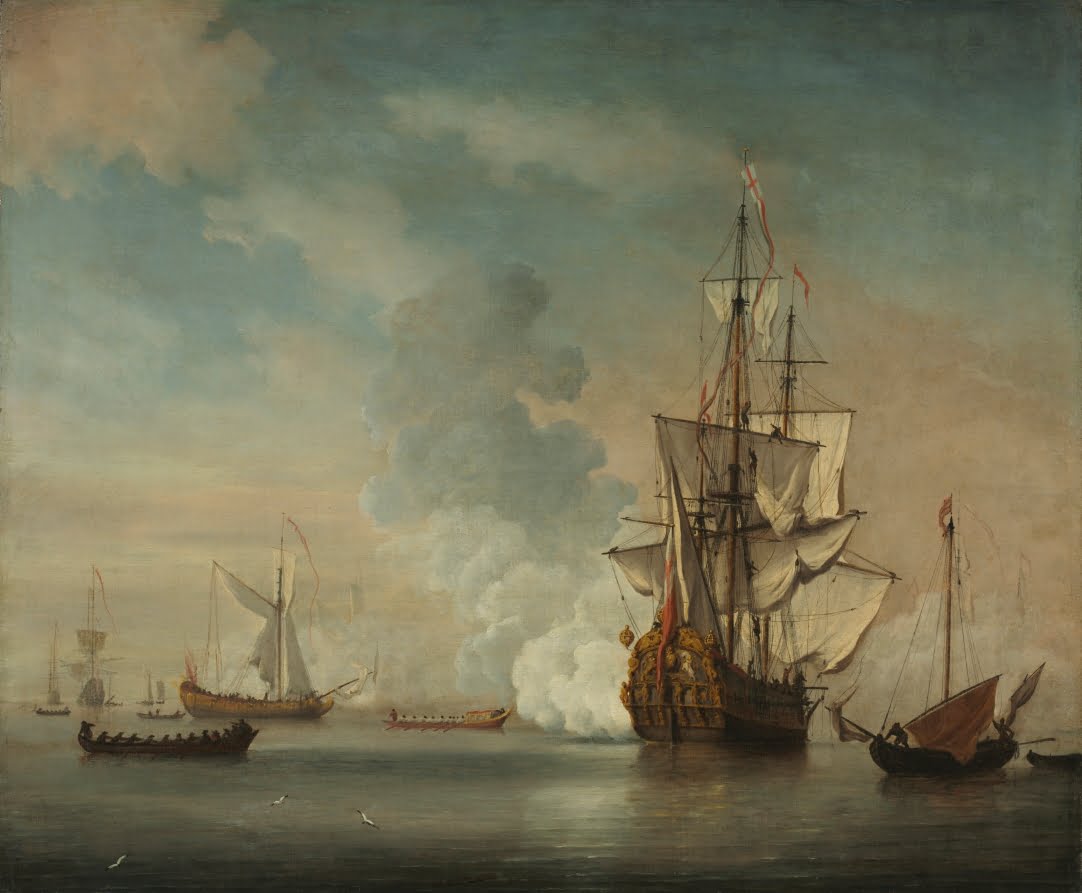Index
- Introduction
- Historical context
2.1 Portuguese colonization
2.2 Pedro Álvares Cabral’s journey - Discovery of Brazil
3.1 Arrival in Brazilian territory
3.2 First contact with natives - Consequences of the Portuguese arrival
4.1 Exploration and colonization
4.2 Impacts on society and culture - Conclusion
- Common questions
- References
History summary about Arrival of the Portuguese in Brazil in 1500
Introduction
The arrival of the Portuguese in Brazil in 1500 marked the beginning of the country's colonization process by Europeans. This historical event had profound consequences in the formation of Brazilian identity and the development of Brazilian society and culture. In this article, we will explore the main events related to the arrival of the Portuguese and its consequences.
Historical context
Portuguese colonization
In the 15th century, Portugal was a maritime power in search of trade routes and territorial expansion. In this context, the Portuguese explored the ocean in search of new lands and wealth. The conquest of Ceuta in 1415 marked the beginning of this era of exploration.
The journey of Pedro Álvares Cabral
In 1500, the king of Portugal, Dom Manuel I, decided to send an expedition to explore the lands discovered by Christopher Columbus in the Americas. To lead this trip, the king chose the experienced navigator Pedro Álvares Cabral.
Discovery of Brazil
Arrival in Brazilian territory
On April 22, 1500, the fleet commanded by Cabral sighted land. These lands that today correspond to Brazil were officially discovered by the Portuguese. Cabral named the new land “Ilha de Vera Cruz”.
First contact with the natives
Soon after their arrival, the Portuguese had their first contact with the local natives, the indigenous people. This initial meeting was marked by the exchange of gifts and mutual curiosity. However, over the years, the relationship between Portuguese and indigenous people would become more complex and conflictual.
Consequences of the Portuguese arrival
Exploration and colonization
The arrival of the Portuguese in Brazil marked the beginning of the exploration and colonization of this territory. The Portuguese established trading posts along the coast and began the extraction of natural resources, such as brazilwood. Furthermore, the colonizers implemented the plantation system, based on monoculture and the use of slave labor, which left profound marks on the country's history.
Impacts on society and culture
The arrival of the Portuguese also had significant impacts on Brazilian society and culture. With colonization, there was a process of miscegenation between Portuguese, indigenous people and Africans, which resulted in the formation of the Brazilian people. Furthermore, the Portuguese brought their language, their Catholic religion and their customs, which mixed with local traditions, creating a unique cultural identity.
Conclusion
The arrival of the Portuguese in Brazil in 1500 marked the beginning of a new phase in the country's history. This historic event had significant and lasting consequences, which are still observed today. Portuguese colonization left profound marks on the formation of Brazilian society and culture, shaping national identity.
Common questions
1. Who led the Portuguese expedition that discovered Brazil?
– Pedro Álvares Cabral, an experienced navigator, led the expedition.
2. What did the Portuguese find when they arrived in Brazil?
– Upon arriving in Brazil, the Portuguese encountered indigenous people native to the region.
3. What were the consequences of the arrival of the Portuguese in Brazil?
– Among the consequences are the exploration and colonization of the territory, the implementation of the plantation system and the influence on Brazilian society and culture.
4. How did the arrival of the Portuguese affect Brazilian society?
– The arrival of the Portuguese resulted in a process of miscegenation between Portuguese, indigenous people and Africans, in addition to the imposition of Portuguese language, religion and customs.
5. What are the main legacies left by the Portuguese in Brazil?
– The main legacies include the Portuguese language, Catholicism and a mix of cultural traditions.
References
Discovery of Brazil: context, curiosities – Brasil Escola (uol.com.br)
Discovery of Brazil: summary of the arrival of the Portuguese – Toda Matéria (todomateria.com.br)
Discovery of Brazil – Wikipedia, the free encyclopedia (wikipedia.org)
